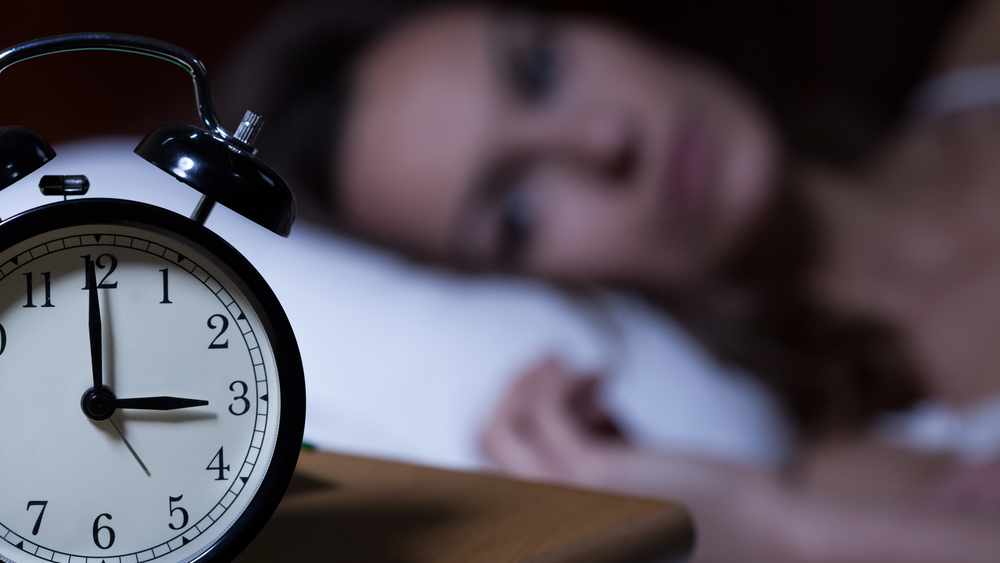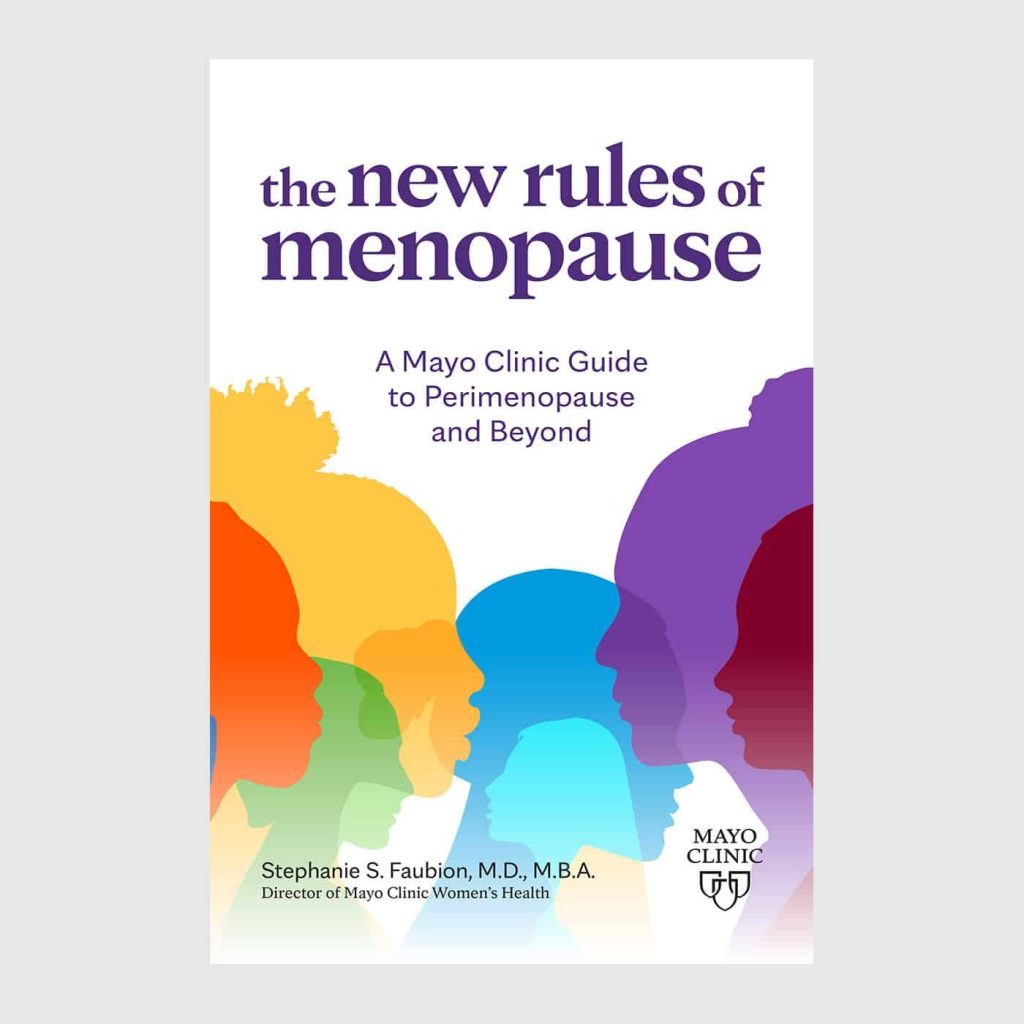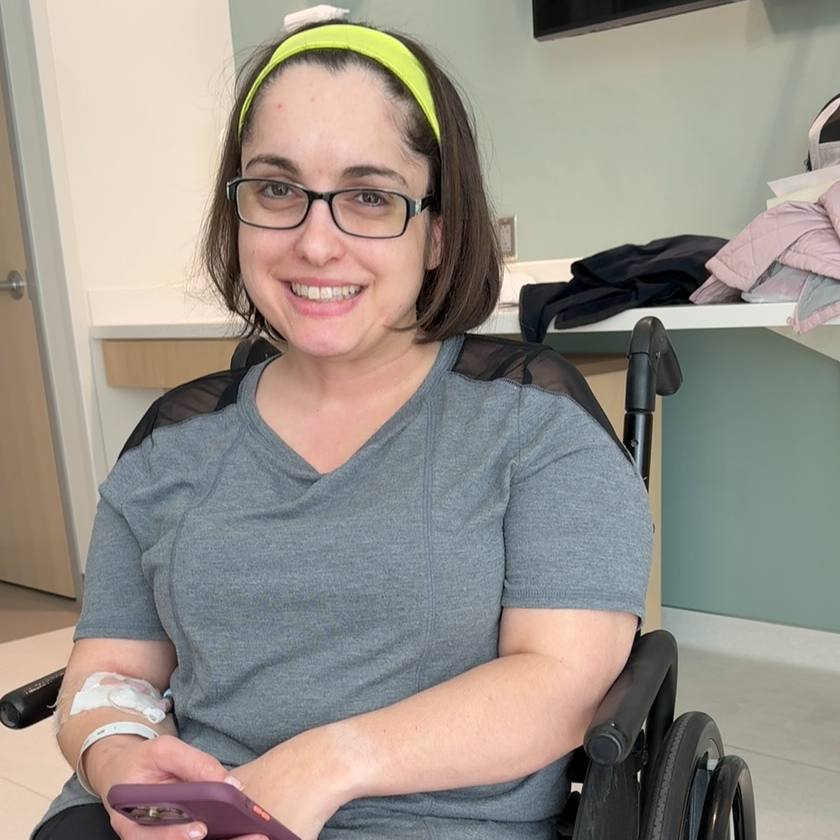-
Mayo Clinic Minute: Managing sleep during menopause
Editor's Note: October 18th is World Menopause Day
Women typically go through menopause between the ages of 45-55. It's a natural biological process that marks the end of a woman's reproductive cycle. This transition can usher in many symptoms, including hot flashes, anxiety and difficulty sleeping.
Dr. Stephanie Faubion, director of Mayo Clinic Women's Health and medical director of The Menopause Society, says simple lifestyle changes can help women get a good night's sleep during menopause.
Journalists: Broadcast-quality video (1:00) is in the downloads at the end of this post. Please courtesy: "Mayo Clinic News Network." Read the script.

It's difficult to drift off into dreamland when dealing with hot flashes and night sweats. These are just some of the symptoms that women in menopause go through.
"I had one woman described that she sweated out her mattress, and the mattress molded because she was sweating so much at night. So, this can really be a significant problem, and it can disrupt sleep," says Dr. Faubion.
She says hormonal fluctuations can affect the sleep cycle and sometimes cause insomnia. Mood changes and anxiety also will keep some women up at night, counting sheep.
"We do know that hormone therapy does tend to help with a lot of those factors and does help improve sleep," says Dr. Faubion.
Setting up a sleep routine is crucial for menopausal women. Simple things like limiting caffeine and screen time can make it easier to fall asleep.
"Like making sure you get enough exercise but not right before bed, avoiding a heavy meal right before bed — those are some of the things that you can do to help maintain a good night's sleep," says Dr. Faubion.
Tips for better sleep during menopause
- Avoid heavy meals before bed.
- Minimize exposure to light before bed.
- Avoid napping after 3 p.m.
- Don't exercise before bed.
- Create relaxing bedtime ritual.
- Keep electronics out of bedroom.
- Stick to sleep schedule.

Dr. Faubion, medical editor of The New Rules of Menopause, is one of the nation’s leading experts on menopause and regularly treats women with menopausal concerns.







